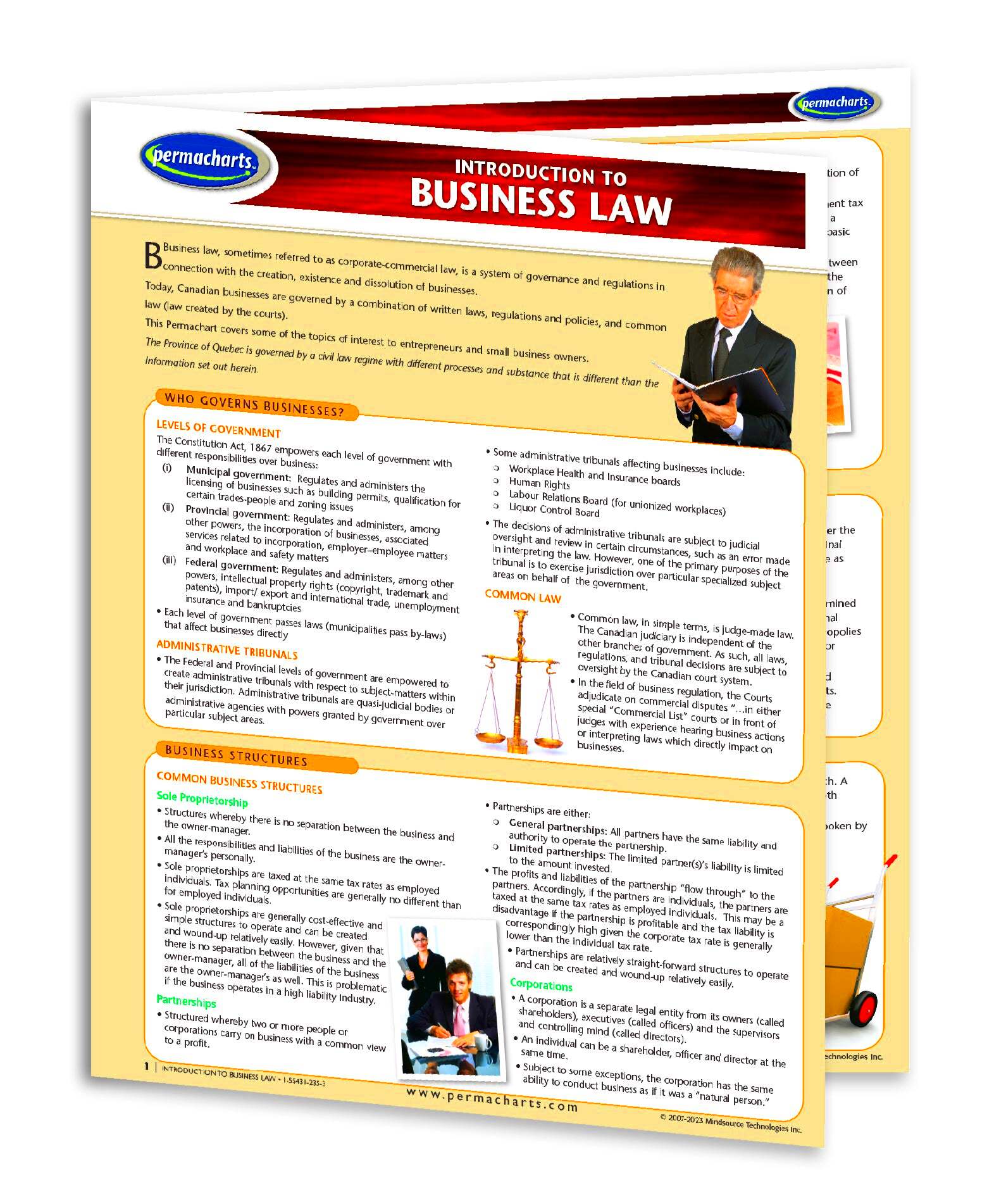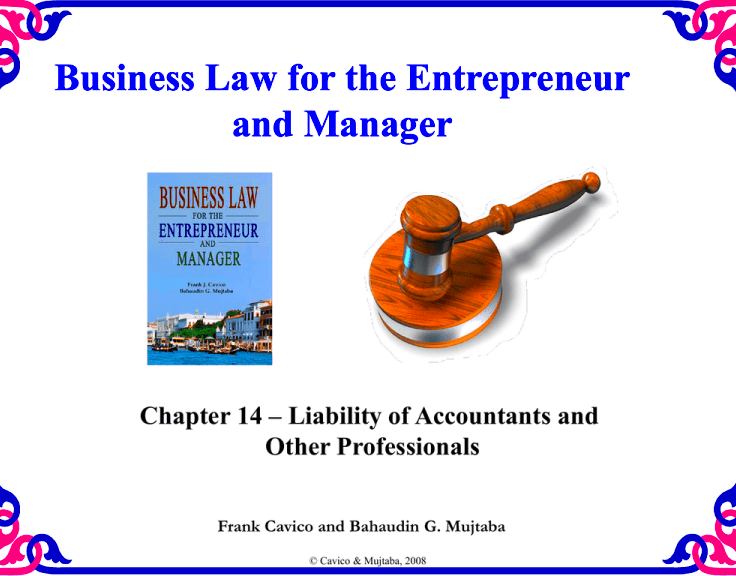Business Law in Arlington Heights: Key Legal Considerations for Entrepreneurs
Starting a business in Arlington Heights is an exciting journey, but it comes with its own set of legal challenges. Understanding business law is crucial for entrepreneurs. It covers the rules and regulations that govern business operations, helping you make informed decisions. In this blog post, we’ll explore the key legal considerations every entrepreneur should know to succeed in this vibrant community.
Understanding Business Structures and Their Implications

Choosing the right business structure is one of the first steps for any entrepreneur. The structure you select affects your taxes, liability, and operational flexibility. Here are some common business structures:
- Sole Proprietorship: Owned by one person, easy to set up, but offers no personal liability protection.
- Partnership: Involves two or more people sharing ownership. Like sole proprietorships, partners have personal liability.
- Limited Liability Company (LLC): Offers liability protection for owners while allowing flexible tax treatment.
- Corporation: A separate legal entity that provides liability protection. It can be more complex to manage but is suitable for larger businesses.
Each structure has its advantages and disadvantages. It’s essential to consider your business goals and consult a legal expert to find the best fit.
Key Legal Requirements for Starting a Business
Starting a business involves navigating several legal requirements. Here’s a checklist to guide you through the process:
- Choose a Business Name: Ensure it’s unique and complies with state regulations.
- Register Your Business: Depending on your structure, you may need to register with the state of Illinois.
- Obtain Necessary Licenses and Permits: Research local and state requirements for your industry.
- Set Up a Business Bank Account: Keep your personal and business finances separate for easier accounting.
- Understand Tax Obligations: Learn about federal, state, and local taxes applicable to your business.
By fulfilling these requirements, you can lay a solid foundation for your business in Arlington Heights. Always consult with a legal or business advisor to ensure compliance and avoid potential pitfalls.
Navigating Contracts and Agreements
Contracts are the backbone of any business transaction. Whether you’re hiring employees, collaborating with vendors, or entering a lease, having a clear and enforceable contract is essential. A good contract sets expectations, protects your interests, and reduces the risk of disputes. Here’s what to keep in mind when navigating contracts:
- Clear Terms: Make sure all terms are clear and unambiguous. Define key terms to avoid confusion later.
- Consideration: This is what each party agrees to exchange. Ensure it’s fair and reasonable.
- Compliance: Ensure your contracts comply with local, state, and federal laws. Some contracts require specific forms or language.
- Termination Clauses: Include terms for ending the contract to avoid misunderstandings down the road.
It’s wise to have a lawyer review any contract before you sign. They can help ensure it protects your interests and complies with the law, giving you peace of mind as you move forward with your business.
Intellectual Property Protection for Your Business
Intellectual property (IP) is one of your most valuable assets. Protecting it can help secure your competitive advantage and enhance your brand. Here are the key types of IP you should consider:
- Trademarks: Protect your brand name, logo, and any unique symbols. Registering your trademark helps prevent others from using it.
- Copyrights: Protect original works of authorship, including writings, music, and artwork. Copyright gives you exclusive rights to use and distribute your creations.
- Patents: Protect inventions and processes. A patent gives you the exclusive right to use, make, and sell your invention for a specific period.
- Trade Secrets: Protect confidential business information that gives you a competitive edge, such as recipes or business strategies.
Investing in IP protection can save you from potential disputes and help you monetize your innovations. Consult with an IP attorney to determine the best strategies for your business.
Employment Law Essentials for Business Owners
As a business owner, understanding employment law is crucial. It not only helps you comply with regulations but also fosters a positive workplace culture. Here are some key aspects to consider:
- Hiring Practices: Ensure your hiring practices comply with anti-discrimination laws. Be fair and transparent during recruitment.
- Employee Classification: Understand the difference between employees and independent contractors. Misclassifying workers can lead to legal issues.
- Wage and Hour Laws: Familiarize yourself with laws regarding minimum wage, overtime, and payroll taxes to ensure compliance.
- Employee Rights: Be aware of employee rights, including workplace safety, privacy, and the right to organize.
- Termination Procedures: Follow proper procedures when terminating an employee to avoid claims of wrongful termination.
To stay compliant, consider implementing an employee handbook that outlines your policies and procedures. Regular training and consultations with an employment law attorney can also help you navigate this complex area.
Compliance with Local and State Regulations
When starting and running a business, it’s essential to comply with local and state regulations. These rules ensure that businesses operate fairly and safely, protecting both consumers and employees. Ignoring these regulations can lead to costly fines and legal issues. Here’s what you need to consider:
- Business Licenses: Most businesses need a license to operate legally. Check with the Arlington Heights local government for specific requirements.
- Building Codes: If you’re opening a physical location, ensure your premises meet local building codes and zoning laws.
- Health and Safety Regulations: Depending on your industry, you may need to adhere to health and safety regulations. This is especially crucial for food businesses or those involving hazardous materials.
- Environmental Regulations: Ensure your business complies with environmental laws to minimize its impact on the community.
- Tax Compliance: Stay updated on local and state tax requirements, including sales tax and employment taxes.
Regularly reviewing these regulations and consulting with legal or compliance experts can help keep your business on the right track and avoid any surprises down the line.
Dispute Resolution Strategies for Entrepreneurs
Disputes are a natural part of business. Whether it’s a disagreement with a partner, employee, or vendor, having effective dispute resolution strategies can save you time, money, and stress. Here are some methods you can consider:
- Negotiation: This is the most straightforward approach. Try to resolve disputes through open communication and compromise.
- Mediation: A neutral third party can help facilitate discussions and guide both parties toward a resolution without making decisions for them.
- Arbitration: This is a more formal process where a neutral party makes a binding decision after hearing both sides. It’s often faster and less costly than litigation.
- Litigation: As a last resort, you can take disputes to court. However, this can be time-consuming and expensive, so it’s best to avoid it if possible.
Having clear dispute resolution clauses in your contracts can help establish how disagreements will be handled, making it easier to navigate conflicts when they arise.
Frequently Asked Questions
Here are some common questions entrepreneurs have about business law in Arlington Heights:
- What is the first step in starting a business? Research your business idea and create a solid business plan.
- Do I need a business license? Yes, most businesses require a local license to operate legally. Check with your local government for specifics.
- How do I protect my intellectual property? Consider trademarks, copyrights, and patents, and consult with an IP attorney for guidance.
- What should I do if I have a dispute? Start with negotiation, and if needed, consider mediation or arbitration before resorting to litigation.
- How can I stay compliant with regulations? Regularly review local and state laws and consult with legal experts to ensure compliance.
These FAQs cover some essential points, but always feel free to reach out to a legal professional for personalized advice tailored to your situation.
Conclusion on Business Law Considerations
Understanding business law is crucial for anyone looking to start or grow a business in Arlington Heights. By familiarizing yourself with local and state regulations, contract management, intellectual property protection, and employment laws, you can set a strong foundation for your venture. Remember, proactive compliance and informed decision-making can help you navigate potential legal challenges effectively. Consulting with legal professionals can further enhance your understanding and ensure that your business is well-positioned for success in a competitive environment.


